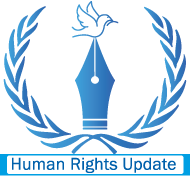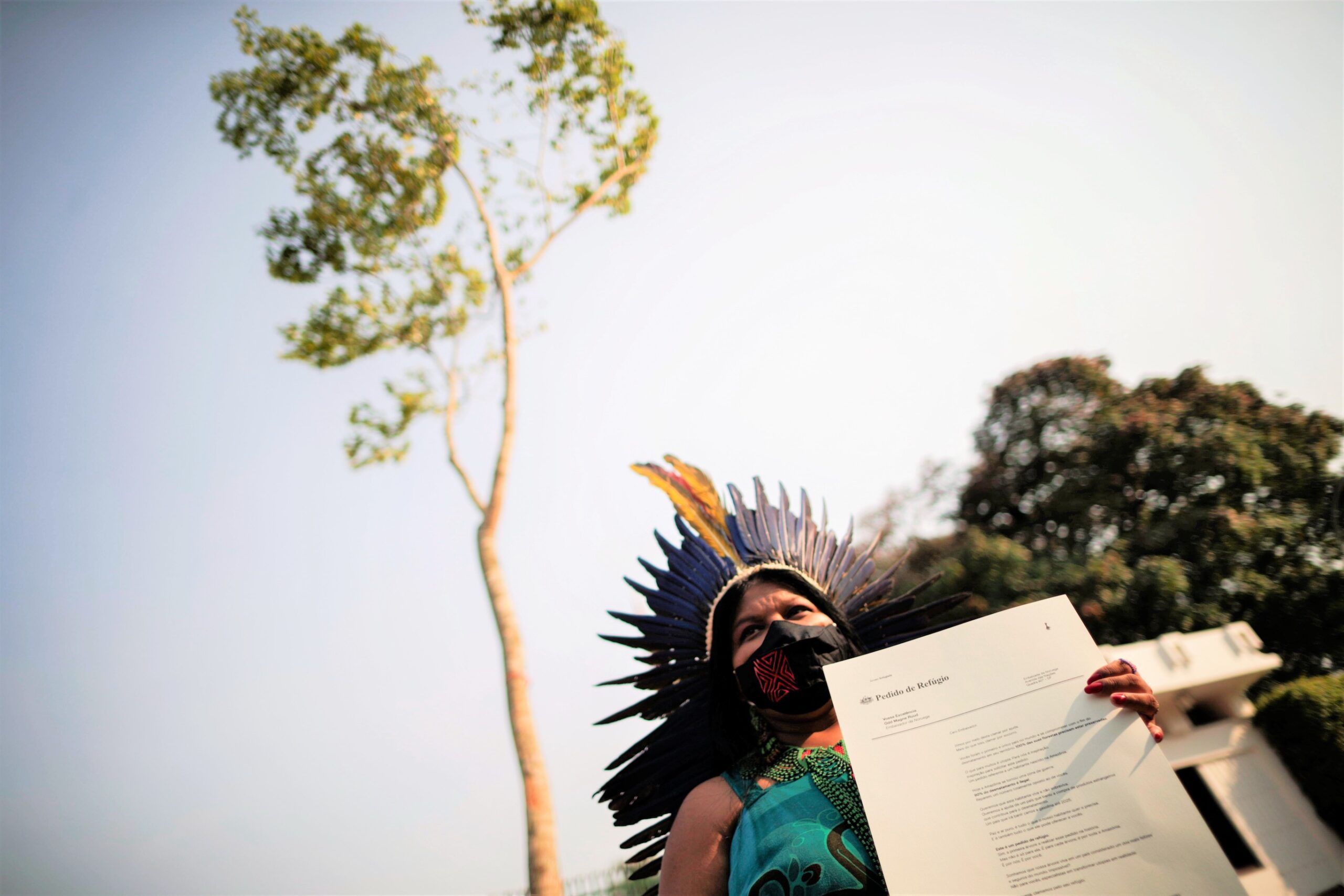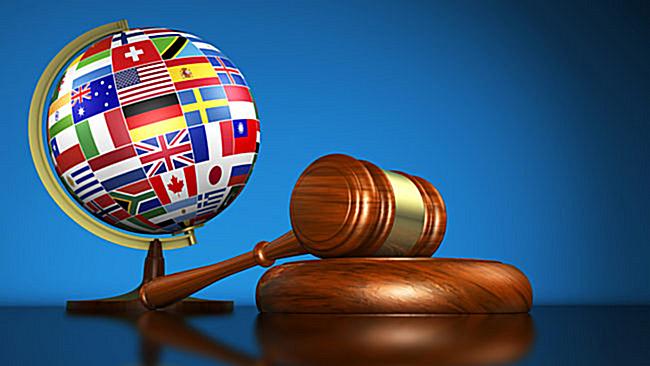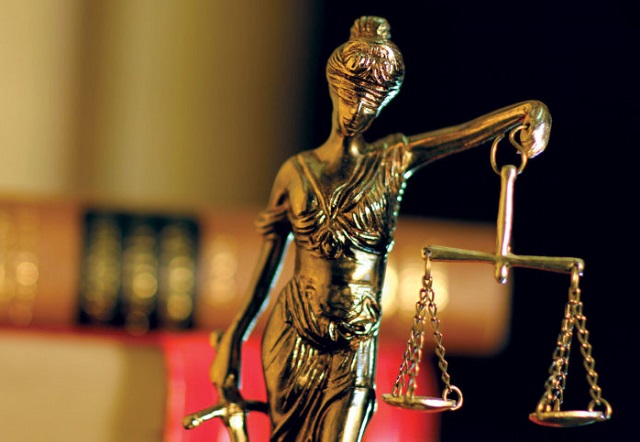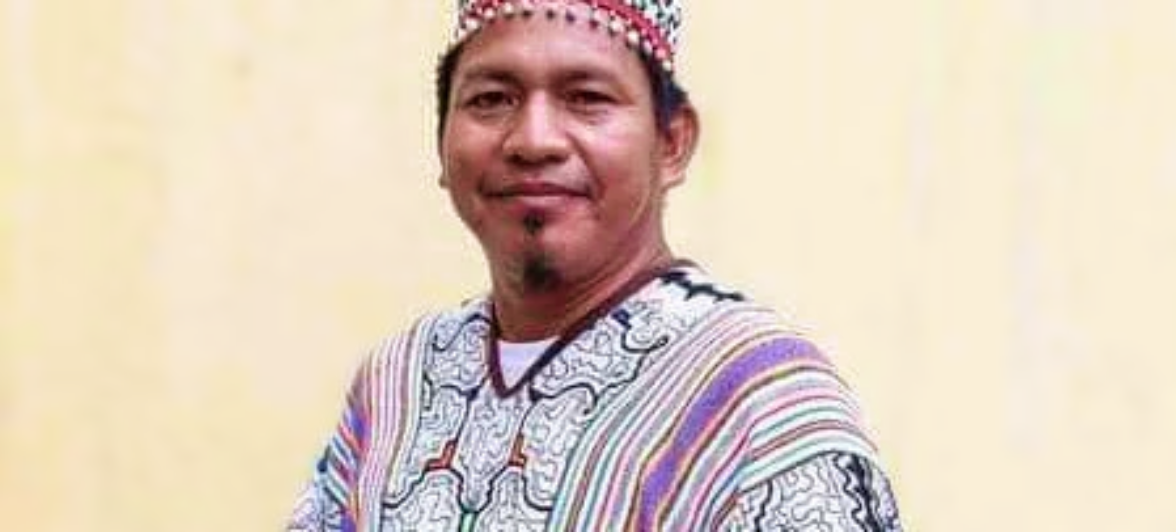Startling revelations of ongoing human rights violations in Indian-administered Kashmir and across India have prompted international concern and calls for urgent action. Reports from various sources have unveiled a distressing narrative of suppression, discrimination, and targeted persecution of minority communities.
Pakistan’s recent plea for an end to the unwarranted detention of Kashmiri activists has ignited fresh debates over the recurring suppression of dissenting voices in Indian-administered Kashmir. Human rights activists, including Irfan Mehraj and Khurram Parvez, are allegedly held under fabricated charges, a practice facilitated by controversial laws such as the Indian Penal Code and the Unlawful Activities Prevention Act (UAPA). These tactics, veiled as legal proceedings, are viewed as systematic efforts to quash criticism and maintain the ruling BJP government’s unilateral agenda of demographic transformation, which some claim subdues the resistance movement.
In tandem with these allegations, a US-based Indian academic and author, Dr. Angana Chatterji, has accused the BJP-led government of weaponizing religion to empower Hindu nationalists and target minorities, particularly Muslims. The BJP government’s methods, which Dr. Chatterji labels as “amplified political majoritarianism,” include leveraging religion, law, and politics to incite dominance among Hindu nationalists. The consequences, she warns, are calamitous, with instances of communal violence and discrimination escalating under the government’s rule.
Chatterji points to the demolition of homes, shops, and shanties in Haryana’s Muslim-majority district as a glaring example. The Punjab and Haryana High Court has raised concerns over potential “ethnic cleansing” in the wake of these demolitions, questioning whether minority communities are being systematically targeted. She cites instances of Hindu nationalists employing bulldozers to dispossess Muslims, prompting allegations of ethnic cleansing.
The BJP government has been accused of discriminatory practices against minority groups, including Muslims, and allegedly allowing Hindu vigilantes to target members of these communities. Dr. Chatterji’s research underscores the implications of this majoritarian approach, labeling it as a root cause of unparalleled havoc experienced by minority Muslims, Christians, Adivasis, Dalits, and other vulnerable groups.
Moreover, the allegations of human rights violations in Indian-administered Kashmir and across India are not limited to religious discrimination. The Unlawful Activities (Prevention) Act has come under scrutiny for allegedly enabling authorities to label individuals as “terrorists” without due process or trial. Dr. Chatterji also raises concerns about the law’s disproportionately harsh impact on Muslim Kashmiris and individuals of minority descent.
With mounting international concern, demands for accountability and action are growing. Calls for the international community to address these allegations, secure the release of detainees, and uphold fundamental human rights principles have become more urgent. As Pakistan’s plea and Dr. Chatterji’s research highlight the gravity of the situation, the world watches closely to see how these revelations will impact the course of justice and human rights in India and Indian-administered Kashmir.
